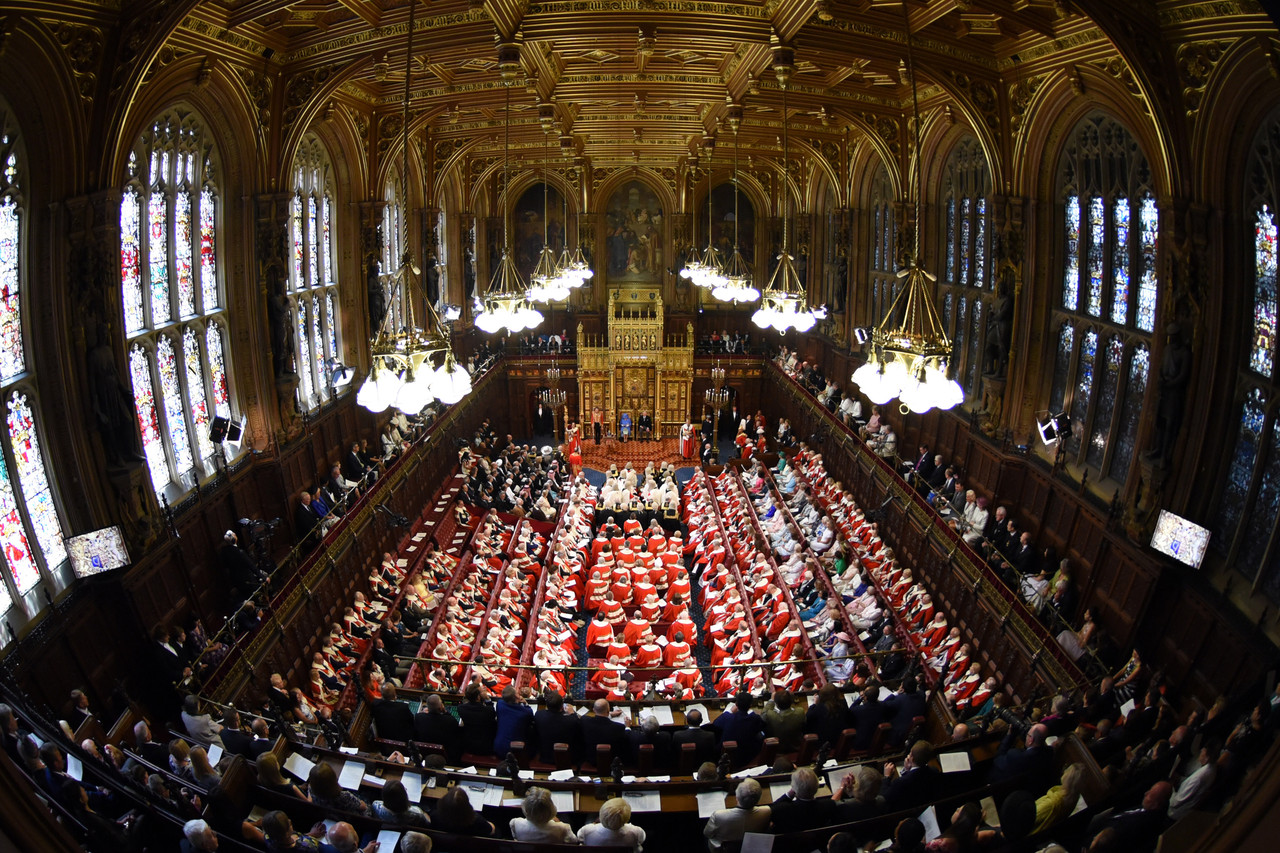London (Parliament Politic Magazine) – The Speaker of the UK’s second chamber, Lord John McFall, has called for a more rigorous vetting process for political nominees to the House of Lords. In an interview with the Financial Times, Lord McFall proposed several measures to enhance the reputation of the upper house, which could be implemented immediately by the government, without the need for contentious legislation.
The key aspect of Lord McFall’s plan is to grant additional powers to the House of Lords Appointments Commission (Holac), enabling them to strengthen the approval process for political nominees. This move aims to address the recent controversy surrounding the peerages granted by former Prime Minister Boris Johnson in his resignation honours list.
House Of Lords Speaker Promotes Scruitny For Political Peers
By advocating for deeper scrutiny of potential political peers, Lord McFall seeks to ensure that only those who are truly suitable and committed to active participation as legislators are appointed. This would not only enhance the credibility of the House of Lords but also contribute to the overall effectiveness of the legislative process.
Implementing these proposals would require a proactive approach from the government, but they could be enacted promptly without the need for lengthy and contentious legislative procedures. By empowering Holac to play a more significant role in the appointment process, the government can demonstrate its commitment to improving the integrity and functionality of the House of Lords.
His nominees included Baroness Charlotte Owen, a 30-year-old former aide whose only political experience has been a series of behind-the-scenes jobs. She was officially granted nobility earlier this month.
British Public Have Little Confidence In House Of Lords
McFall, a former Labour MP, declined to comment on the suitability of specific peers but emphasized his desire for a more rigorous approach to vetting nominees.
Speaking after the upper chamber adjourned for its six-week summer recess, McFall stated, “I believe that the House of Lords is not fully comprehended. However, if there is a superficial perception of the House of Lords, it tends to be negative.”
This assessment is supported by polling data. A YouGov poll earlier this year revealed that two-thirds of the British public have little to no confidence in the House of Lords, while less than a fifth have a significant amount of confidence.
Reforming the second chamber has been a topic of discussion for both major political parties for a long time, and McFall anticipates it will be part of the debate leading up to next year’s general election.
“While Lords reform may not be the top priority for everyone, it is an important topic that will be part of the ongoing debate. It is a significant constitutional issue,” he stated, highlighting the Conservative Party’s commitment to review the matter in their 2019 election manifesto. In contrast, Sir Keir Starmer, the leader of the opposition Labour Party, has expressed his intention to abolish the Lords and establish an elected second chamber.
Read More: BVI Delegation Visits UK Parliament To Build Strong Relations
The House Of Lords Determined To Enhance Its Reputation
However, McFall cautioned against hastily implementing a complete overhaul, stating, “A radical change like a fully elected house could potentially undermine the effectiveness of parliament as a legislative body.”
Despite this, he remains a staunch supporter of the Lords and is determined to enhance its reputation. “Regarding the issue of patronage, we must establish a new, equitable, and sustainable system.”
Before the former prime minister, David Cameron, imposed an annual limit of two “expert” cross-benchers a decade ago, Holac used to appoint an average of five peers per year. McFall believes that returning to this level would bring a much-needed “refresh” to the chamber and ensure a diverse range of expertise.
McFall also suggested that these changes could help alleviate concerns among voters regarding appointments. Jess Sargeant, associate director of the Institute for Government, expressed support for most of McFall’s proposals, considering them both reasonable and feasible. Sargeant particularly praised the decision to lift the cap on “expert” appointments by Holac, deeming it a highly sensible move.
McFall has also highlighted the excessive size of the chamber as a crucial area in need of reform. He firmly insists that the number of peers must be significantly reduced. Currently, the House of Lords boasts nearly 800 members, rendering it the second-largest legislative chamber globally, only surpassed by China’s National People’s Congress.


